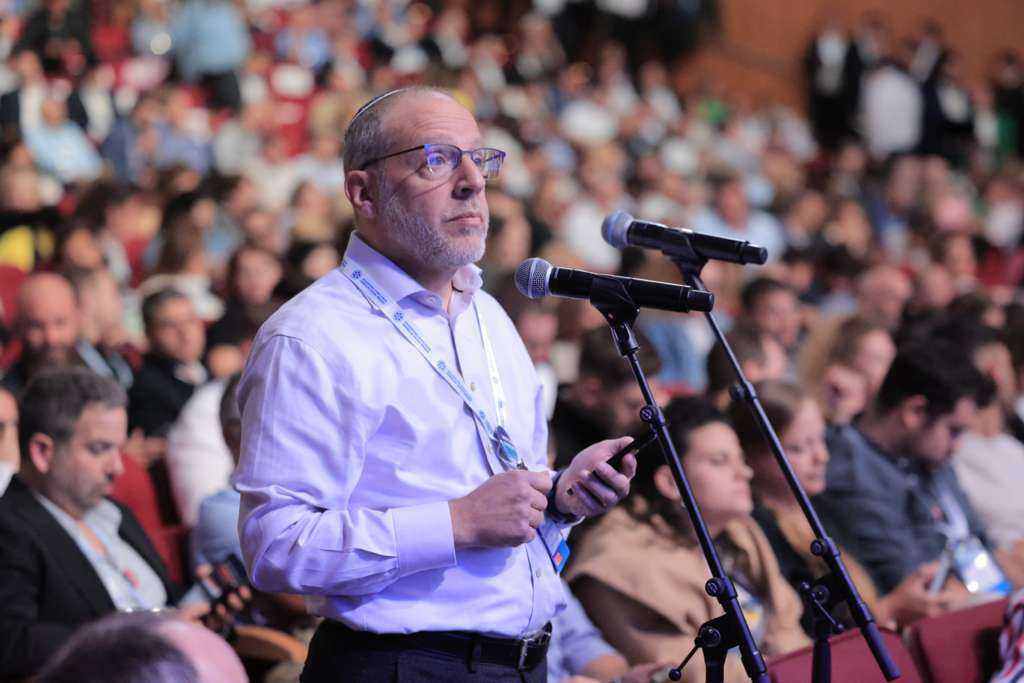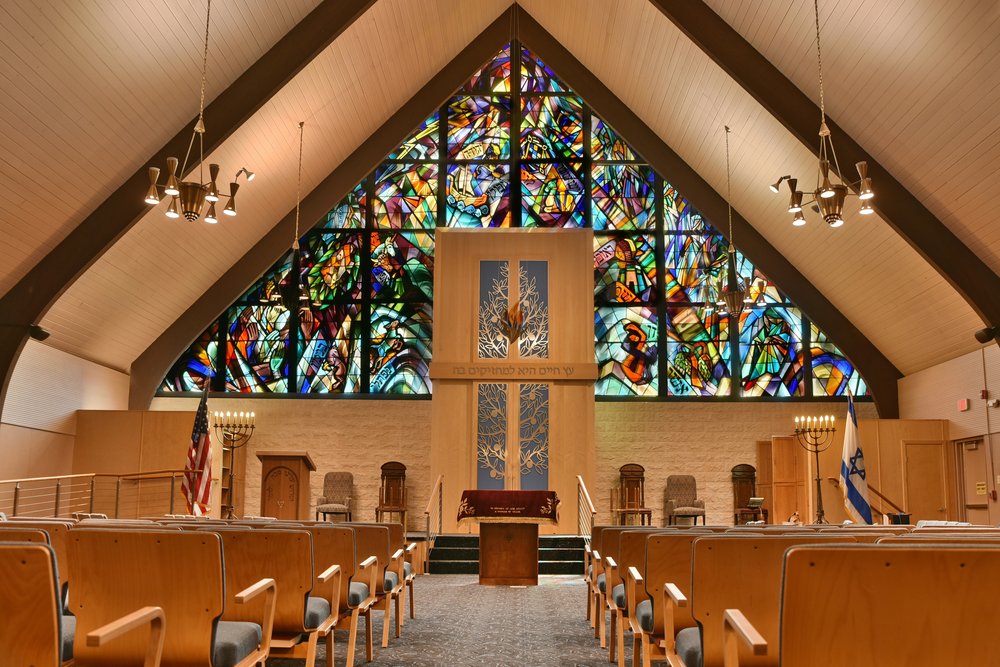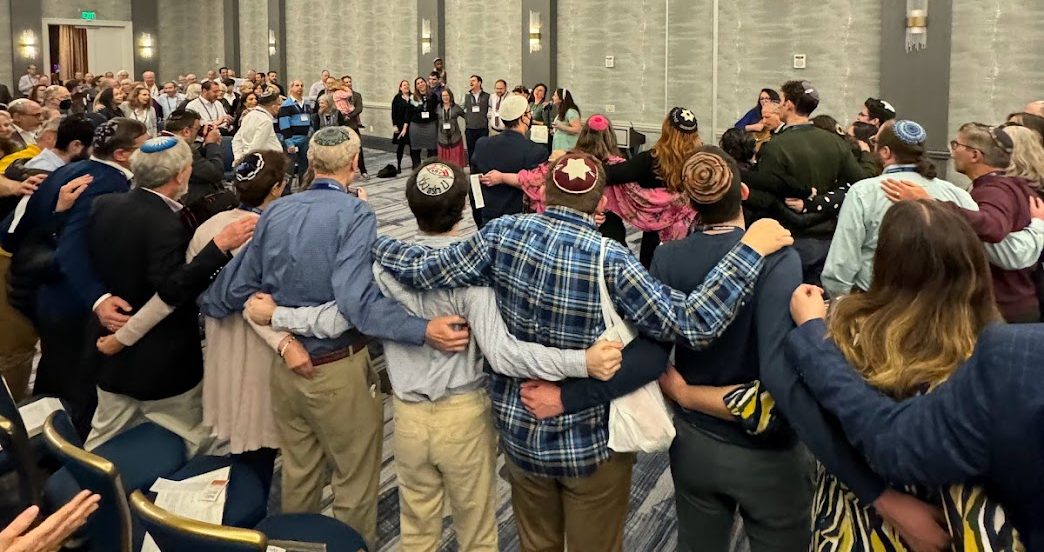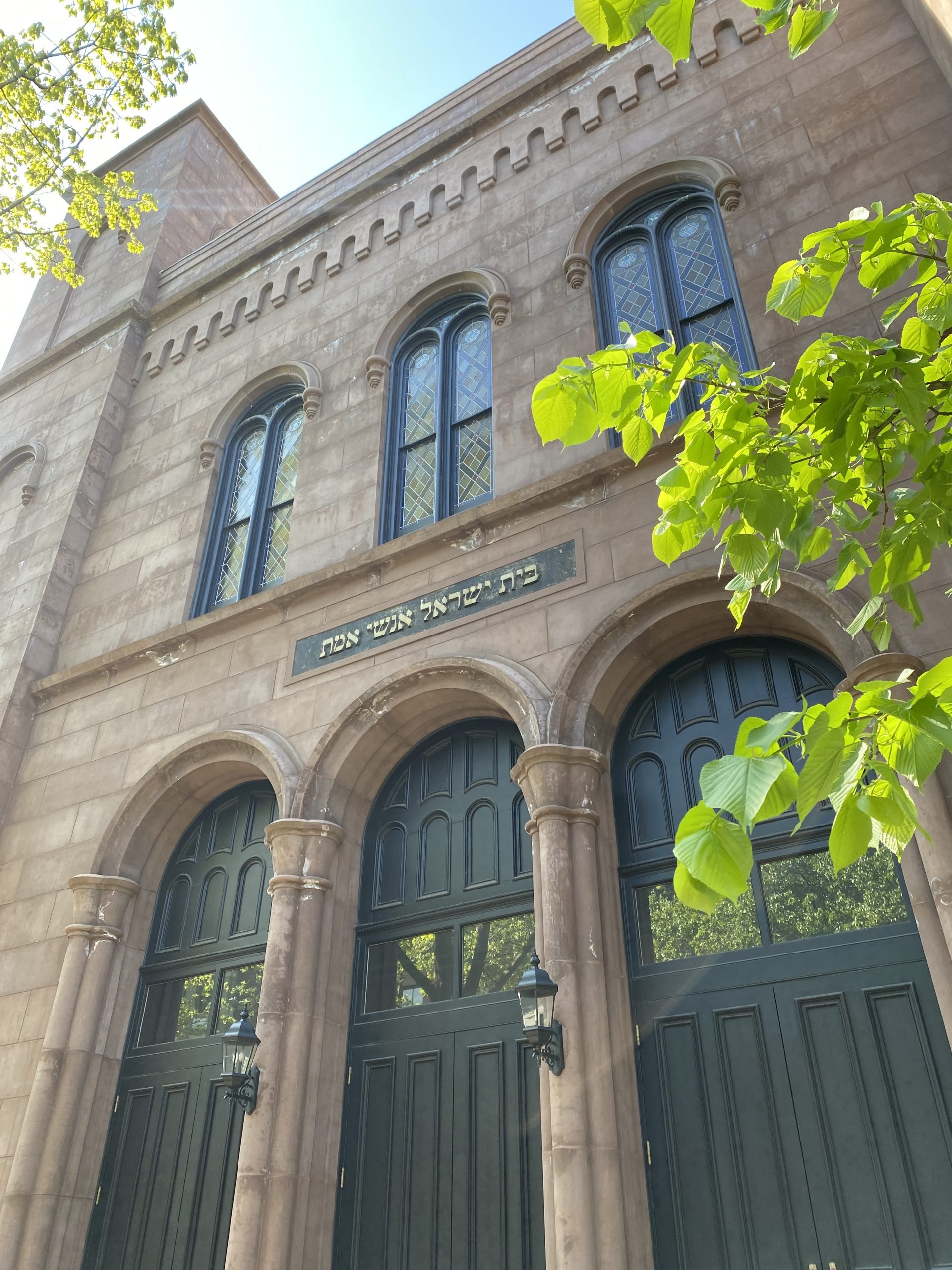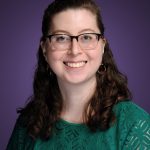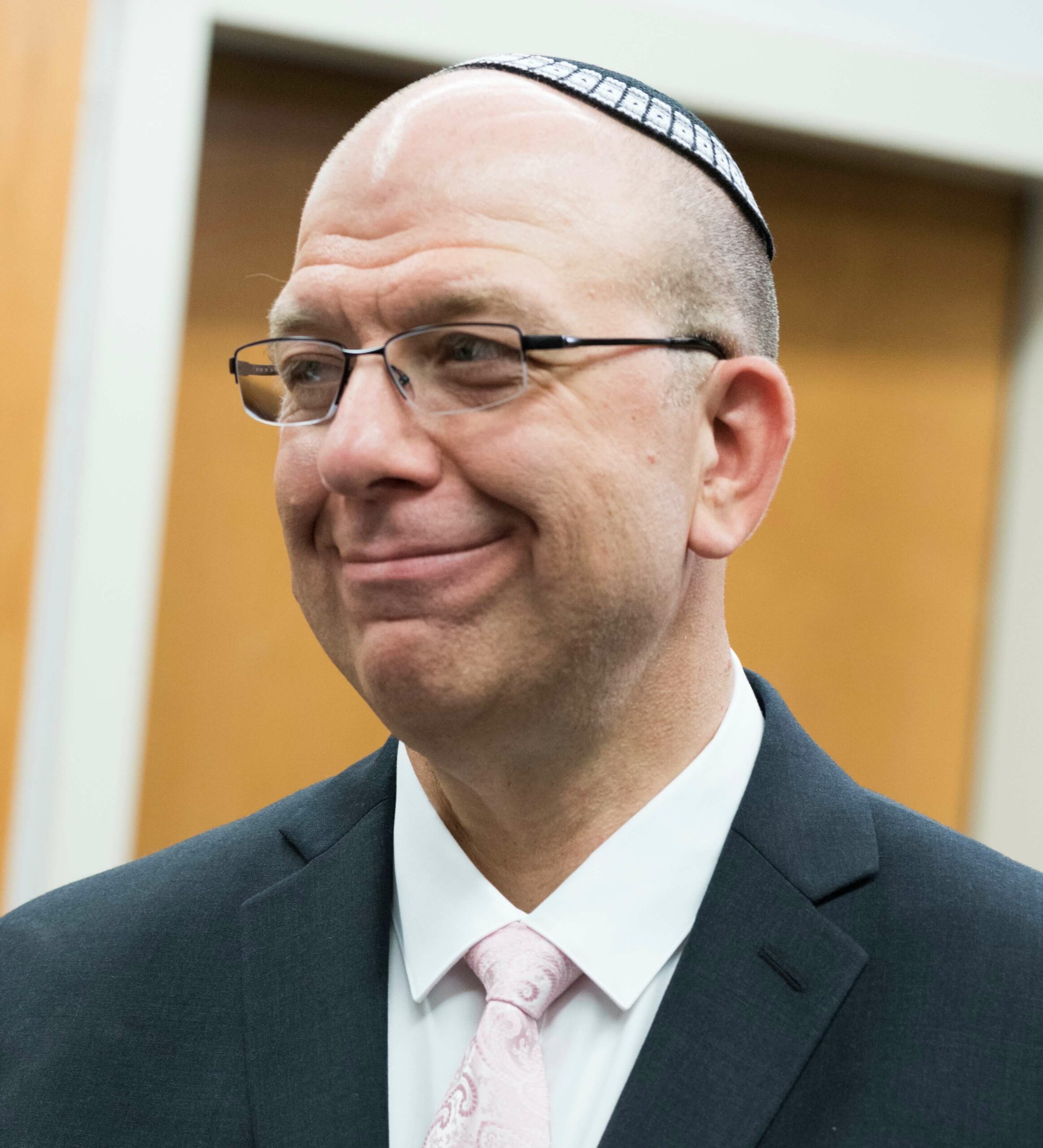
Congratulations on winning the 2018 Shoshanna S. Cardin Award. How did it feel to learn you had been nominated and won?
I was quite honored and surprised by the notification. Apparently, independently, a number of members of my congregation, Conservative Synagogue Adath Israel of Riverside (CSAIR) saw the call for nominations, and each privately suggested to Rabbi Katz that a nomination be submitted. I was unaware. And was quite surprised when I was notified (by Rabbi Katz).
What prompted you to challenge your synagogue to create a policy to protect children from abuse?
There was no single event that prompted this effort.
Shockingly, one in four girls and one in six boys are sexually abused by the age of 18. Additionally, the overall prevalence of childhood abuse and neglect is approximately 20%. These are incredible and scary statistics. Child abuse happens everywhere in all communities.
As a pediatrician I have been an advocate for children for over 25 years. The effort to protect the children of CSAIR was a natural extension of my desire to ensure that all children are safe and healthy—at home, in camp, in school, and in their synagogues.
Additionally I have learned that synagogues and other youth serving organizations are magnets for potential abusers of children. The very nature of shuls—warm, inviting, friendly, and open—makes them places that attract abusers. Unfortunately, shul leaders tend to be naïve about child abuse, and they have inadequate protections in place and poor systems to respond to incidents of abuse or alleged abuse.
All these reasons, in combination, prompted me and a number of other concerned congregants to create our child protection policy and develop systems to protect our children.
How did you become connected with Dr. Shira Berkovits and the organization Sacred Spaces?
Dr. Shira Berkovits, well before the establishment of Sacred Spaces, was our consultant at CSAIR who guided us through the process of developing our child protection policy. Shira is single-minded, dedicated and passionate about protecting children. She spent countless hours with me and a small group of interested individuals, our Child Protection Committee – leading us through the complicated discussions needed as we developed our policy over an 18-month period. She taught us the principles of child protection, increased our awareness and sensitivity to the topic, answered our questions and gently ensured that we addressed the topic in the depth and breadth that was necessary.
Despite my 25 years of experience taking care of and protecting children, I learned so much from Shira and this process what it means for a community.
Shira established Sacred Spaces two years ago, and last year I became the Board Chair of the organization, as I wanted to expand and share my child protection experience and knowledge, assist others to protect their children and prevent child abuse in their communities.
After writing Safeguarding Our Children, A Child Protection Statement, what advice do you have for other synagogue leaders who might want to write a similar policy?
Just start! Start somewhere. You don’t have to do it all at once. But just start somewhere. Acknowledge that your children need to be protected (because they do!), and make a commitment to create a safer community for your children. Get buy-in and support from your professional staff and lay leadership. Establish a Child Protection Committee to lead the effort. Educate your community about the topic. Train your staff and volunteers. Do a building assessment. Screen your staff and volunteers. Develop a child protection policy. There is much to be done, just start somewhere and add on additional layers in an incremental fashion.
What do you think is the most important step that a synagogue can take to protect its children from abuse?
First, acknowledge the problem –child abuse is widespread and no community is immune. Second, start the conversation about the importance of protecting our children and that doing so is a fundamental and sacred Jewish activity.
This is an emotionally charged topic, which may make these conversations very challenging. But having those conversations, and changing the culture of a community such that each individual member personally feels responsible for the children in the community – that is the essential and core value that can inspire a kehilla to engage in this work.
What excites you most about Conservative Judaism and its future?
Communities like CSAIR inspire me and give me hope and faith for the future of our movement. Leaders like Rabbi Barry Dov Katz who is committed to building caring, engaging, and authentically halachic and committed Jewish communities are the core leaders of our future. And committed lay leaders, like the ones I have worked with for many years at CSAIR, are key to our movement’s future success.
I have been a livelong committed member of the movement – USY, Ramah, Joint Program graduate, shul president, child protection advocate – all excite me to this day about our future. Inspired by Jewish values, true to Halacha and observance, committed to each other and building safe and caring communities – that is what we are all about.




